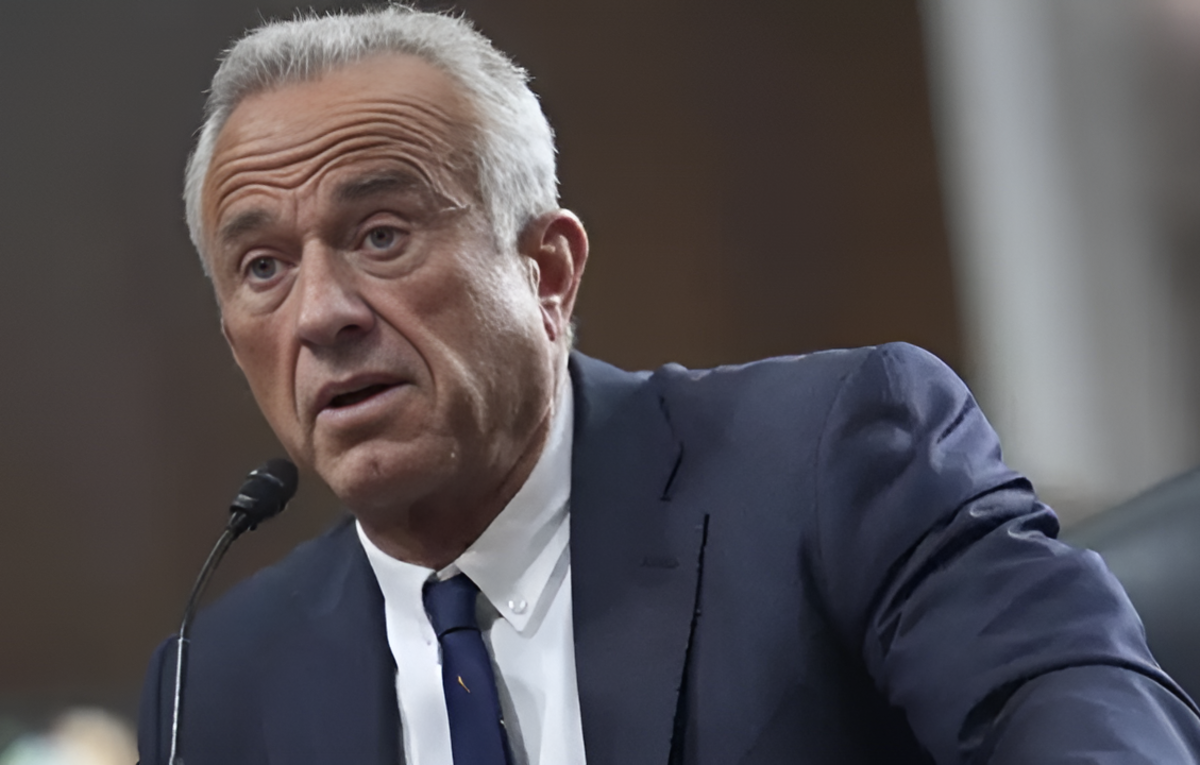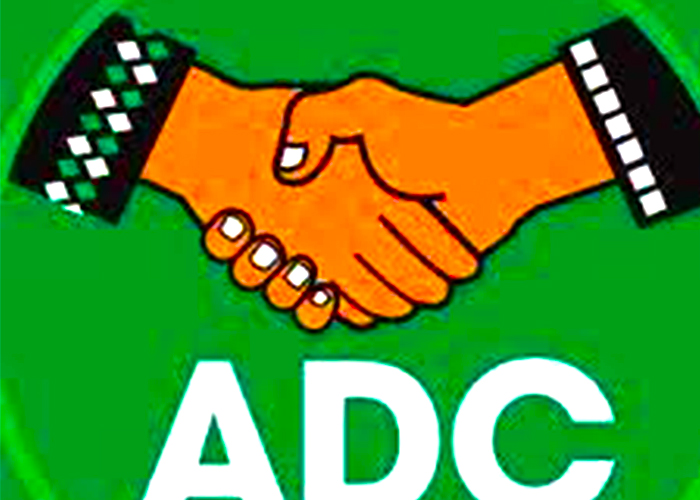Agradaa Dollar Controversy Tests Mahama's Leadership, Says Pratt
Veteran journalist Kwesi Pratt has described the ongoing controversy surrounding National Democratic Congress (NDC) Communications Officer Sammy Gyamfi’s dollar gift to evangelist Nana Agradaa as a defining moment for President John Mahama’s administration.
Pratt made his first public comments on the matter during an appearance on Good Morning Ghana, characterizing the incident as a complex issue with significant implications for governance ethics.
Pratt acknowledged Gyamfi’s importance within the NDC as a skilled communicator and key strategist, but emphasized that the administration’s response would set important precedents. “What President Mahama and Chief of Staff Julius Debrah do in this matter will define this government’s ethical standards moving forward,” Pratt stated. He warned against perceptions of the administration becoming a “clearing agent” that excuses questionable behavior from allies.
The journalist expressed concern about some defenses offered by Gyamfi’s supporters, particularly suggestions that Agradaa was financially needy or that Gyamfi’s wealth justified the gift. Pratt described these arguments as unhelpful and damaging to Gyamfi’s position. He noted the controversy’s timing was especially sensitive, coming shortly after the government launched its new code of ethics.
Political observers note the incident has exposed divisions within both major parties, with members of the New Patriotic Party and NDC offering conflicting views on the matter. The administration faces increasing pressure to demonstrate consistency between its professed ethical standards and its handling of controversies involving senior party figures.
As the debate continues, many Ghanaians await official responses from both the NDC leadership and government officials. The outcome may influence public perception of the administration’s commitment to accountability during Mahama’s presidency. Political analysts suggest the controversy could become a case study in how Ghana’s political class navigates the intersection of personal relationships, party loyalty, and public accountability.
Follow on Google News










